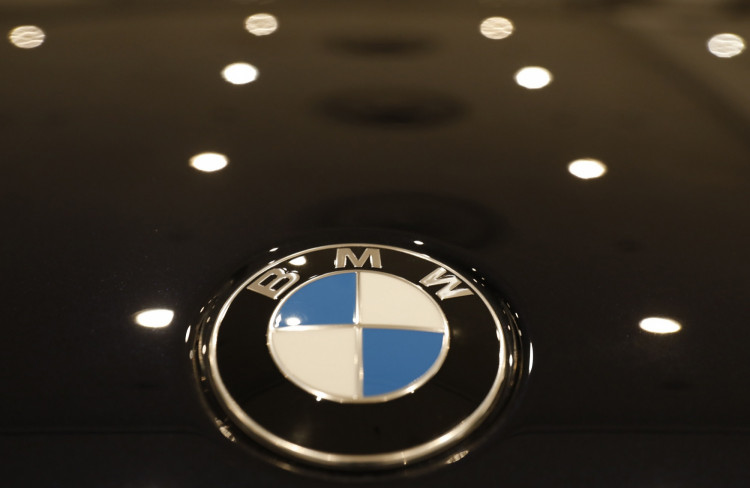In a bid to mitigate the impact of new European tariffs on Chinese-made electric vehicles (EVs), BMW has approached Brussels to negotiate lower import duties for its China-manufactured electric Mini, according to a source familiar with the situation. The request aims to reduce the current provisional duty from 37.6% to 20.8%, aligning with rates for companies that cooperated with the EU's investigation.
This move comes after the European Commission announced provisional tariffs on imports of Chinese-produced EVs, giving manufacturers until July 18 to submit comments. BMW's electric Mini models, only recently entering production, were not included in Brussels' sample analysis. As a result, they were automatically assigned the highest tariff rate. BMW is hopeful that the electric Mini will ultimately face a lower tariff once an official process for new market entrants is established in the fall, when final duties are set.
Under EU regulations, companies not represented in the initial sample groups can request an "accelerated review" post-imposition of definitive measures to secure individual duty rates. BMW declined to comment on the matter, reflecting the ongoing sensitivity of the issue.
Simultaneously, Beijing has escalated its anti-dumping investigation into European brandy imports, a move widely seen as a retaliatory response to the EU's tariffs on Chinese EVs. The Chinese commerce ministry announced a hearing on July 18 to examine allegations that European producers are selling brandy at below-market prices, harming the Chinese liquor industry.
The ministry's announcement came on the same day that the EU's additional tariffs on Chinese EVs took effect, ranging from 17.4% to 37.6%. The EU justified these tariffs as a necessary step to counteract what it perceives as unfair government support for Chinese car manufacturers.
In response, the China Association of Automobile Manufacturers expressed strong dissatisfaction with the EU's tariffs, labeling them "unacceptable." Major stakeholders anticipate further retaliatory measures from Beijing. Jean-Jacques Guiony, CFO of LVMH, which owns the major cognac brand Hennessy, remarked on the broader impact of such trade conflicts. "You can be a regional player with a very particular role in globalization, as in our case, and regardless find yourself hostage to a number of conflicts that have nothing to do with your activities," Guiony said at an economic conference.
French cognac producers, who dominate China's imported brandy market, stand to suffer significantly if China imposes tariffs. In 2022, 99% of China's imported brandy, valued at $1.74 billion, came from France, according to Chinese customs data. The anti-dumping investigation into European brandy, initiated in January, was a direct response to the EU's probe into subsidies for Chinese EV manufacturers.
The European Commission's decision to increase tariffs on Chinese EVs came amid escalating trade tensions. Talks between the EU and China are expected to continue, but if no resolution is reached, the tariffs will become definitive in November.
Beijing has vowed to take "all necessary measures" to protect its interests, indicating potential retaliatory actions against European agricultural products, aviation, and luxury cars with large engines. Analysts at Bank of America noted that China had already initiated a targeted anti-dumping probe on pork imports and suggested that findings on EU spirits could be expedited.






